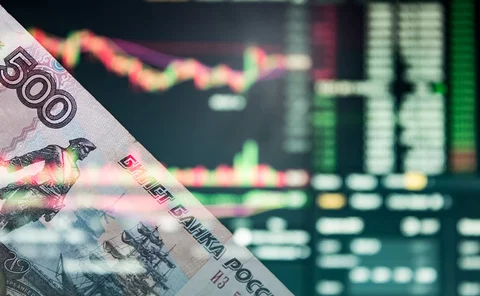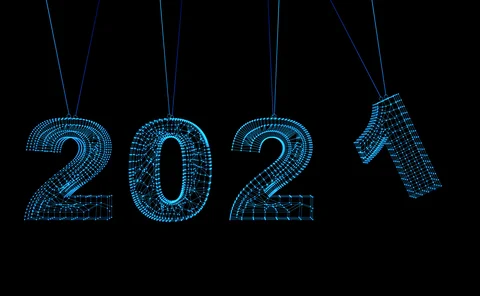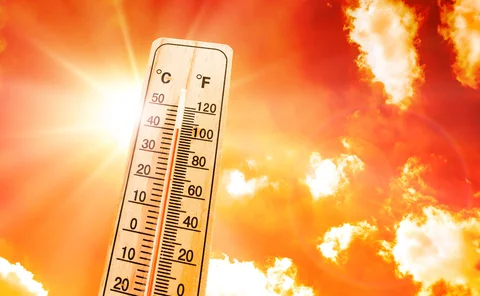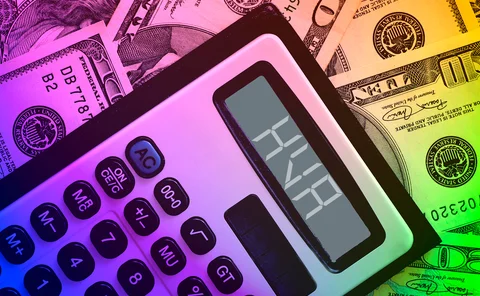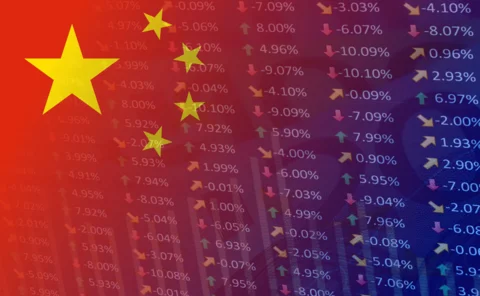Valuation adjustments (XVAs)
WHAT IS THIS? The XVAs are a family of adjustments that can be made to the price of a derivatives trade, reflecting counterparty risk (CVA), own-default risk (DVA), funding (FVA), capital (KVA) and margin (MVA). Their theoretical roots and practical implementation are still debated, but pragmatism also matters: banks that ignore XVAs are at risk of mispricing a trade; banks that include them are at risk of never winning a trade.
JP Morgan takes $524m XVA loss on nickel, Russia trades
Margin calls, markdowns and rising funding costs result in biggest XVA loss since early 2020
Climate is changing for derivatives valuation adjustments
Banks back increased use of global warming criteria when calculating XVAs
Russian invasion stirs up ‘perfect storm’ for XVA desks
Declining credit quality of Russian companies and spike in inflation threaten CVA and FVA double-whammy for banks
Podcast: UBS’s Gordon Lee on conditional expectations and XVAs
Top quant explains why XVA desks need a neighbour and a reverend
XVA in Japan: the outlook for 2022
Hiroyuki Yoshizawa, executive director, pricing valuations and reference data at IHS Markit Group Japan explores why financial institutions that were early-accounting CVA adopters are now taking the next steps on their XVA journeys
Review of 2021: Default, revolt, reform
Archegos, GameStop, the last days of Libor – markets just about coped in a bleak and disorderly year
XVAs and counterparty credit risk for energy markets: addressing the challenges and unravelling complexity
In this webinar, a panel of quantitative researchers and risk practitioners from banks, energy firms and a software vendor discuss practical challenges in the modelling and risk management of XVAs and CCR in the energy markets, and how to overcome them.
Degree of influence 2021: XVA marks the spot
Research into valuation adjustments is back on quants’ to-do list
Solving the data challenge: technical solutions for optimisation of risk management, capital and liquidity resources
Since the financial crisis that began in 2007–08, regulatory pressure on requirements around capital adequacy, liquidity, funding, balance sheet size and leverage has become increasingly intense. As a consequence, financial institutions need to manage…
Nomura nets ¥3.8 billion from CVA and DVA gains
Windfall offsets previous quarter’s loss more than three times over
Liquidity valuation adjustment costs JPM $235m
Tweak to derivatives book weighs on the bank’s fixed income revenues
After Archegos, a bigger role for XVA desks?
Credit Suisse has stalled on call to expand XVA remit; others think it would have helped, but disagree on how
Axes that matter: PCA with a difference
Differential PCA is introduced to reduce the dimensionality in derivative pricing problems
Derivatives pricing starts feeling the heat of climate change
Quants find physical and transition risks can lead to significant rise in CVA
How XVA quants learned to trust the machine
Initial scepticism about using neural networks for derivatives pricing is giving way to enthusiasm
Deep XVAs and the promise of super-fast pricing
Intelligent robots can value complex derivatives in minutes rather than hours
Hedging valuation adjustment gets cold shoulder from banks
Dealers back the idea of charging for hedging costs but not as part of a new XVA
China netting law drives interest in CSAs
Steady growth in contracts with CSAs suggests confidence that clean netting is near
Podcast: Barclays’ Ben Burnett on how banks can implement HVA
New valuation adjustment may lead to more efficient management of derivatives books
The cost of hedging XVA
HVA is framed consistently with other valuation adjustments
A look at future exposures, through a 19th century lens
Can a centenarian maths idea speed up the calculation of forward sensitivities?
How sovereigns learned to live with two-way CSAs
Some say new collateral terms ensured access to markets during last year’s meltdown
Penalty methods for bilateral XVA pricing in European and American contingent claims by a partial differential equation model
Under some assumptions, the valuation of financial derivatives, including a value adjustment to account for default risk (the so-called XVA), gives rise to a nonlinear partial differential equation (PDE). The authors propose numerical methods for…
How XVAs hit top US banks’ trading revenues in 2020
JP Morgan led systemic banks on losses due to valuation adjustments


